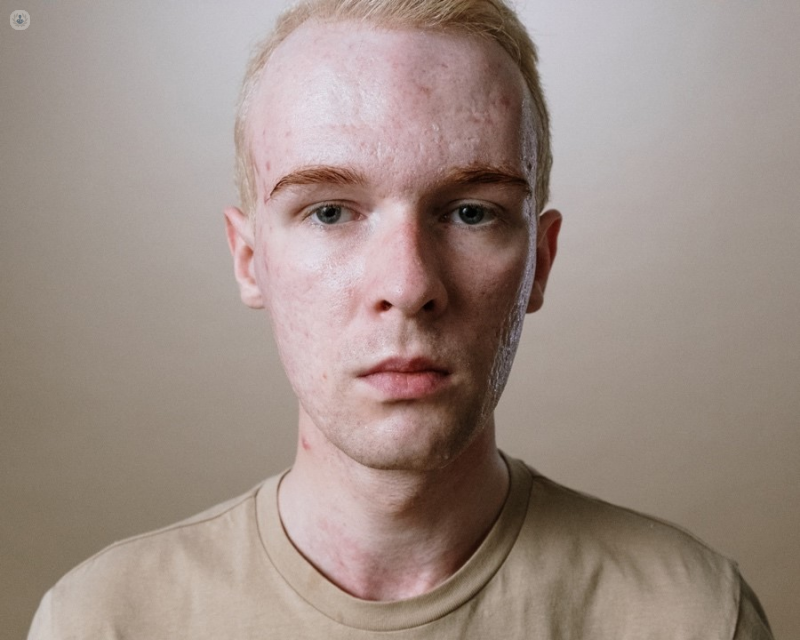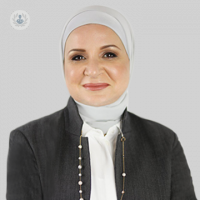How to treat acne scars
Written in association with:Acne doesn’t just affect the appearance of your skin but it can affect your overall self-confidence. Without treatment, both scarring and its impact on your mental health can last a lifetime. Luckily, with the help of a dermatologist, acne scarring and acne can be mitigated, to leave you with smooth skin.

We spoke with the highly experienced consultant dermatologist, Dr Hiba Injibar, about the importance of treating acne early to avoid scarring. We found out the characteristics of each type of scar and found out what treatment options are available for people with scarring.
Why does acne leave scarring in some people?
It depends on the acne but it does leave scars quite often and not a lot of skin diseases scar. We don’t know why other diseases don’t. Acne will scar some patients and it is partly hereditary, some people develop scars due to genetics, it is related to the way their skin inflames due to acne. Other people have very bad acne and it doesn’t scar. It depends on how your skin reacts to acne and how well it heals.
What are the common types of acne scars?
Icepick scars, which are very narrow and very deep. They look like large pores. There are others like box scars because they look like a box and they’re indented at the surface of the skin. Rolling scars are common on the back and chest. They look hypertrophic and as though there’s a sausage roll on the surface of the skin. There are keloid scars that grow slightly like a tumour, although they’re rarer and more hereditary. It is seen more often on the back but it can also occur on the face.
What are the treatment options for acne scars?
The type of scar and type of skin will determine the treatment we will decide to choose. There are multiple treatment options, they’re all surgical or involve resurfacing the skin, to get rid of the scars.
Treatment options for acne scars include:
- Excision—individual scars can be removed.
- Subcision—this Involves inserting a small needle into the skin to push up a rolling scar so that it’s level with the surrounding skin.
- Microneedlin, sometimes with PRP platelets or a vampire lift.
- Laser resurfacing, also if the scars are red post-acne IPL or vascular for red scars.
If they’ve left pigmentation there’s chemical peels, dermarolling, bleaching or peeling creams.
Are these procedures suitable for both teenagers and adults with acne scarring?
Yes, there’s no age restriction.
What advice can you give for preventing acne scars?
Treat it early as soon as your acne is getting bad and not responding, seek a specialist’s help. Get a GP to refer you or go and see a private specialist directly. Treating acne is way less complicated than treating acne scars. The best thing to do is to prevent further scaring using Isotretinoin for scarring acne and to treat it early. Don’t squeeze them, don’t scratch them.
Roaccutane is an effective treatment option, however, GPs cannot prescribe it, patients have to be referred to a dermatologist first and on the NHS there can be a long waiting list. A lot of patients get scars because of the long wait, this was the case even before COVID. By booking privately, this long wait can be avoided.
To treat acne promptly and effectively, we recommend booking an appointment with a leading consultant dermatologist such as Dr Hiba Injibar. Visit her Top Doctors profile today for information on appointment availability.


